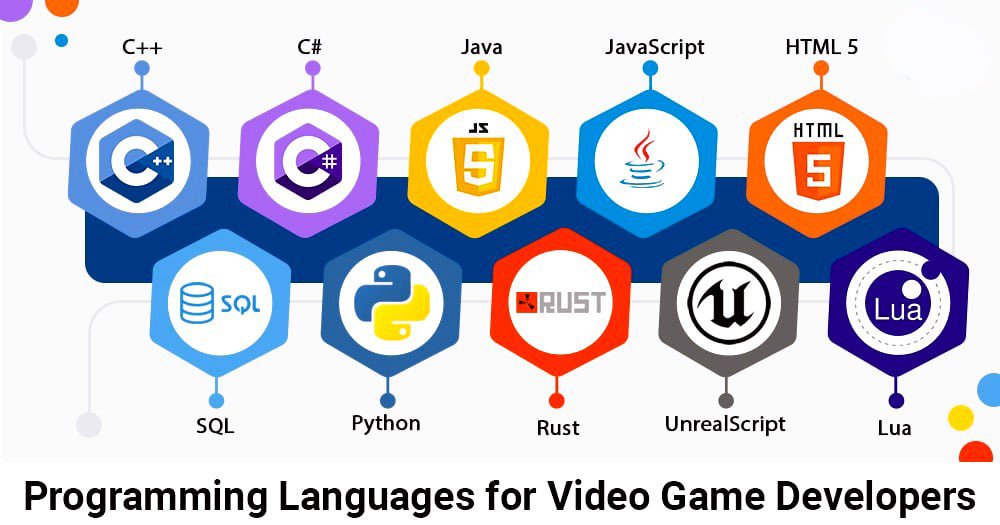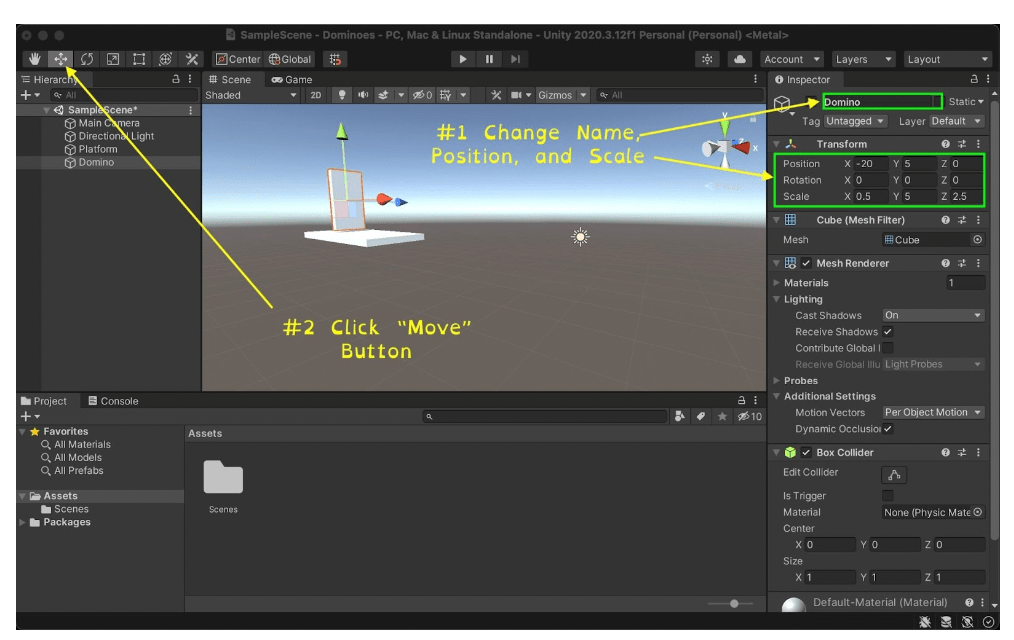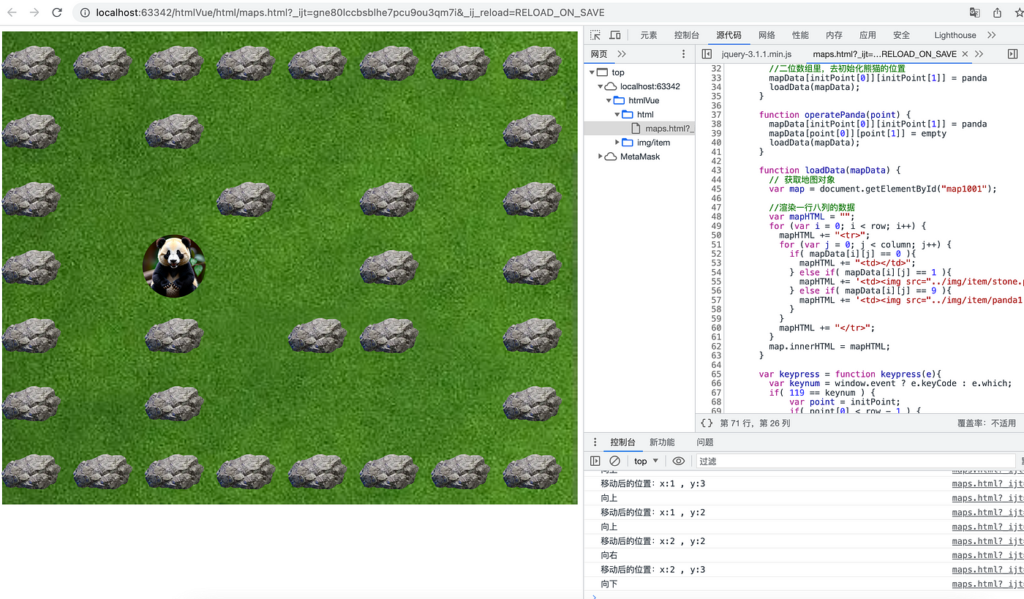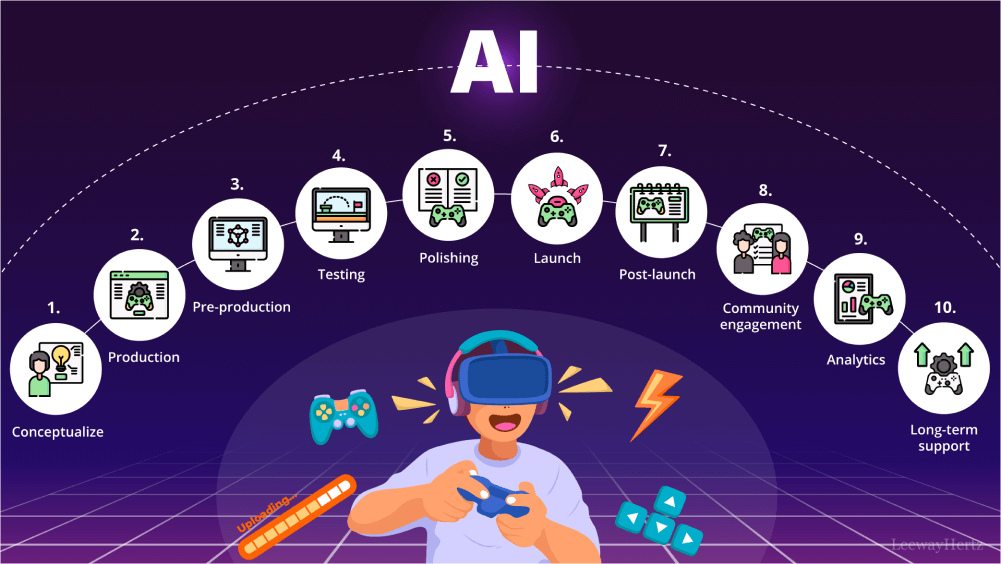Choosing the right programming language is essential for successful game development. Each language offers unique advantages and is suited for different types of games. In this blog, we explore the best languages for game dev, their features, and why they are favored by developers.

1. Why the Right Language Matters
The choice of programming language impacts the performance, scalability, and development speed of your game. Selecting the best languages for game dev depends on factors such as:
- The type of game (e.g., 2D, 3D, mobile, or console).
- Your team’s expertise and experience.
- The game engine or framework being used.
Understanding the strengths of each language helps developers build more efficient and immersive gaming experiences.
2.1. C++
C ++ is widely regarded as the gold standard in game development due to its powerful features and control over system resources.
- Performance: Offers high performance, crucial for AAA games.
- Memory Management: Gives developers low-level control for optimization.
- Game Engines: Used in engines like Unreal Engine and CryEngine.
The language C++ is ideal for complex, high-performance games but may have a steep learning curve for beginners.

2.2. C#
C Sharp is popular for its ease of use and seamless integration with Unity, one of the most accessible game engines.
- Ease of Learning: Features a user-friendly syntax, great for beginners.
- Versatility: Suitable for both 2D and 3D games.
- Game Engines: Primarily used with Unity, which powers indie and mobile games.
C Sharp is the go-to language for developers looking to create games efficiently without compromising on quality.

3. Other Programming Languages Worth Exploring
3.1. Python
Python is an excellent choice for beginners due to its simple syntax and extensive libraries.
- Rapid Prototyping: Ideal for quick game demos and prototypes.
- Libraries: Includes tools like Pygame for 2D game creation.
- Community Support: Strong community resources for troubleshooting.
While not commonly used for high-end games, Python is perfect for educational and indie projects.
3.2. Java
Java is known for its portability and is widely used in mobile game development.
- Cross-Platform: Works seamlessly across different operating systems.
- Game Engines: Compatible with engines like LibGDX.
- Popularity: Commonly used for Android game development.
The Java remains a solid choice for developers targeting mobile platforms.

4. Factors to Consider When Choosing a Language
Game Type
Are you building a fast-paced FPS or a casual mobile puzzle game? Your choice of language should align with your game’s requirements.
Platform
Different platforms (PC, console, mobile) may require languages tailored to their architecture and performance needs.
Game Engine Compatibility
Choose a language that integrates seamlessly with your preferred game engine, such as Unreal, Unity, or Godot.
5. Emerging Languages in Game Development
While traditional languages dominate, emerging options like Rust and Go are gaining traction.
- Rust: Offers memory safety and concurrency, making it a strong candidate for game dev.
- Go: Simplifies backend server programming for online games.
These languages might not yet be mainstream in game development, but their potential is worth exploring.
Conclusion
The best languages for game dev vary depending on your project goals, team expertise, and platform requirements. C++ and C# lead the industry with their robust features and wide usage, while Python and Java offer beginner-friendly and mobile-specific options. By understanding the strengths of each language, you can make an informed choice and create amazing games.

